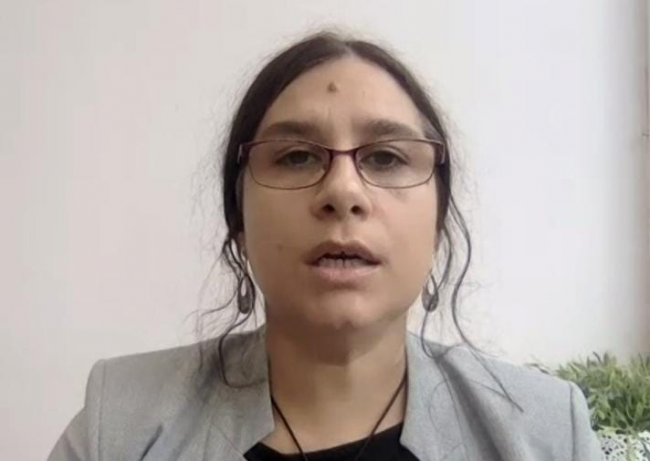Disability Rights are Human Rights
Disability Rights International is a human rights organization dedicated to protecting the human rights and promoting the full community integration of persons with disabilities worldwide.
Disability Rights International is a human rights organization dedicated to protecting the human rights and promoting the full community integration of persons with disabilities worldwide.
This bill represents everything we’ve been working on for over two decades. All children — especially children with disabilities — need our support to live and grow up in a loving family. And they need protection against being placed in orphanages or other institutions.
— Laurie Ahern, President, Disability Rights International
This bill represents everything we’ve been working on for over two decades. All children — especially children with disabilities — need our support to live and grow up in a loving family. And they need protection against being placed in orphanages or other institutions.
— Laurie Ahern, President, Disability Rights International

30-second PSA for Disability Rights International's (DRI) Worldwide Campaign to End the Institutionalization of Children.
60-second PSA for Disability Rights International's (DRI) Worldwide Campaign to End the Institutionalization of Children